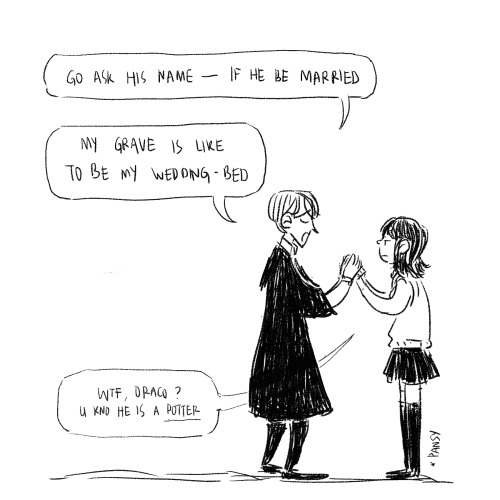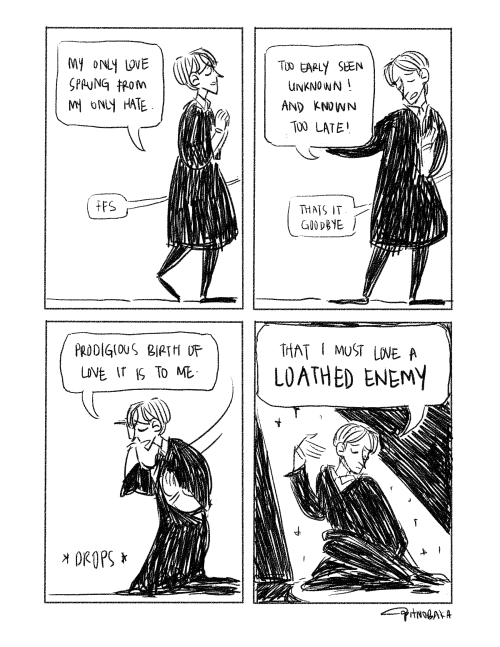William Shakespere - Tumblr Posts
When I was a kid I watched Gnomeo and Juliet and thought it was the actual thing so when I grew up and figured it’s Romeo and Juliet, a play by Shakespeare in which they both commit su!c!de at the end with an enormous age gap I was just kinda like
:OOOO oh rely?
Rip Shakespeare, you would've loved tumblr.
“Our doubts are traitors, and make us lose the good we oft might win by fearing to attempt.”
-William Shakespeare’s Measure for Measure, Act 1 Scene 4
Things I learned today in poetry class: Plato wrote a whole book on mlm relationships and apparently there was a section speculating whether Achilles or Patroclus topped.
Also, that Achilles/Patroclus is a popular ship (after reflecting on the Iliad, they definitely had at least homoerotic bestieship).
Though admittedly, lots of historical works have that [see: all of Shakespeare; yes, R&J included because all the OG actors were guys (INCLUDING the one playing Juliet)], so I'm not really all that disappointed in myself for not noticing.
I totally agree. There's a lot of stories that are amazing and quickly discounted because they're old.
When COVID-19 caused the shutdown in the US, school was still on, but the needed time investment tanked for the end of the school year. This gave me a lot of time to read, and I read a whole lot of Shakespeare's plays.
While some were skipped (Rape of Lucreta was not something I was going near), some were lighthearted (Twelfth Night, Two Gentlemen of Verona), some were traditional comedies (Winter's Tale), and some were unquestionably tragedies (Romeo and Juliet, King Lear).
And some plays were very obviously products of the political culture of the time (fun fact, in Henry VI, the actress who plays La Pucelle (Jeanne d'Arc) in Part 1 usually also plays Queen Margaret in later parts, because they're both the "villainous women" in the play). Richard III is very obviously pro-Tudor, and the political climate in Hamlet's Elsinor more closely resembles England's court of the time than any contemporary Danish court.
Other plays are most definitely not something publishable today. And this is okay, as long as we (the readers) understand that the attitudes expressed, while prevalent in Shakespeare's time, are no longer acceptable. Othello and Merchant of Venice are definitely the most obvious examples of this, though Prospero's treatment of Caliban and Ariel in the Tempest are also questionable. (None of these plays are accurate representations of real people, or groups of people. However, it is important to note that Shakespeare gives these characters more depth than any of his contemporaries.)
Shakespeare remains one of the most impressive authors of his day, and truly an extraordinary playwright. I guess what I'm trying to say is that while some of his work hasn't aged well, it remains important to teach his work in schools, and the content that hasn't aged well, and the content that is obviously politically biased, remain important to teach as well. (Please hear me out before commenting/bashing)
Shakespeare's Henry VI presents an English perspective on events of the 100 Year War, and due to this perspective introduces narrative bias, which is especially present in the character of La Pucelle, who readers will be more familiar with as Joan of Arc (Jeanne d'Arc). Joan, in the modern understanding of events, was a female civilian who joined the French in working to fight against the English, and was eventually burned at the stake. In the religious context, she has since been canonized as a saint in the Catholic Church. However, in the play, she is written as a witch who is also (in colloquial terms) "sleeping her way to the top." Because Shakespeare is being sponsored by the English crown, and thus must support the English side in his "History" on the war, he has Joan represent a malevolent force.
Even more interesting is that Richard III, about the War of the Roses, has had elements (that could actually be just propaganda, there's not enough historical evidence either way) become part of the prevailing historical narrative. Specifically, the "boys in the tower" story, about how he arranged to have his nephews killed.
Othello could never work in the modern day, but it is representative of historical attitudes. Despite these attitudes, Othello remains a very real character, who, while incredibly competent at his job, remains open to manipulation. Iago takes advantage of social isolation and fear to exacerbate jealousy, and Othello remains a man who is deeply in love. While there are issues with racial attitudes in the story, it could serve as an important lesson about manipulation. Iago finds what Othello cares about (Desdemona), helps to set up the idea that Othello should no longer be secure in Desdemona's love for him, and helps the situation to blow up in Othello's face, so Iago can have what he wants (the job of Cassio, who he sets up as the "other man" in the supposed affair). The lesson that people may not always have your best interests at heart can be a hard one, and is often overlooked by detractors of the play.
Merchant of Venice might paint Shylock as it's villain, but he gets the opportunity to leave the audience with a line that emphasizes the equality of all humanity ("If you prick us, do we not bleed? If you tickle us, do we not laugh? If you poison us, do we not die? And if you wrong us, shall we not revenge?"). Additionally, he is remarkably three-dimensional by the end, which makes him much more intriguing as a character, and increases the attention the audience pays to the validity of his lines.
TL;DR, even some of the more "problematic" of Shakespeare's plays remain relevant today (and important to read), even if no longer for the same reasons as before.
(Exit Stage Right, pursued by a bear)
This is how it feels to read a classic that everyone in the world has already read and loves

Me: Okay guys remember that it’s important in improv to establish your characters at the beginning of the scene.
Students: ok
Student 1: Hello. I am the president of the United States.
Student 2: Hello madame president. I’m William Shakespeare and I’m here to assassinate you.


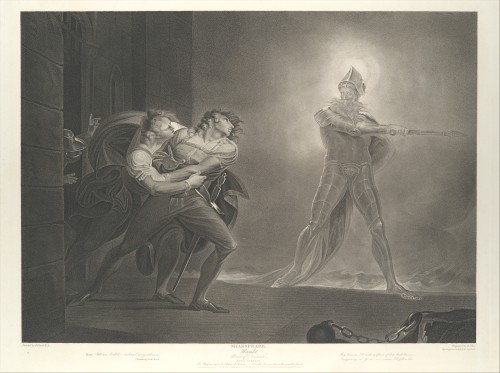


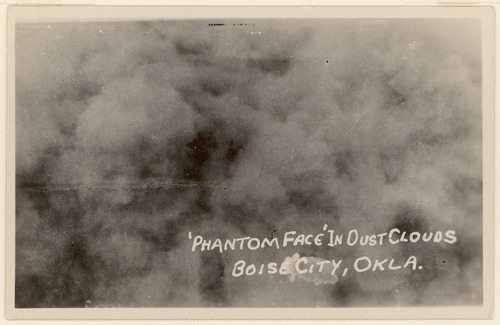

phantoms
seven, taylor swift / plexiglass, runnner / hamlet, horatio, marcellus and the ghost, robert thew (engraver) & henry fuseli (artist) / phantom perspective, paul klee / 'phantom face' in dust clouds, boise city, oklahoma, unknown / the tragedy of hamlet, prince of denmark, william shakespeare
𝚒 𝚕𝚘𝚟𝚎 𝚞𝚜𝚒𝚗𝚐 𝚏𝚊𝚗𝚌𝚢 𝚂𝚑𝚊𝚔𝚎𝚜𝚙𝚎𝚊𝚛𝚎 𝚠𝚘𝚛𝚍𝚜 <𝟹
𝚋𝚛𝚒𝚗𝚐𝚜 𝚖𝚎 𝚖𝚞𝚌𝚑 𝚓𝚞𝚋𝚒𝚕𝚎𝚗𝚌𝚎!!
Shakespeare's "historical" plays? You mean his RPF 🙄
Show me Shakespeare’s Duke of Buckingham

No the real Duke of Buckingham
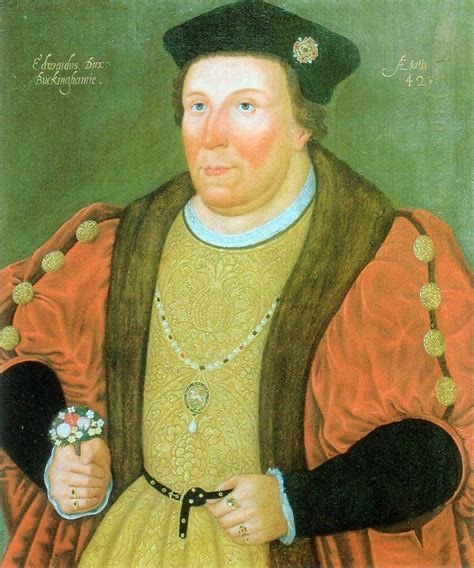
No not him, the rEal Duke of Buckingham
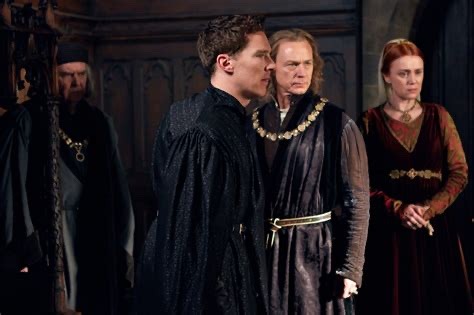
Not quite, the REAL Duke of Buckingham



Ahh perfect
Every time Richard and the Duke of Buckingham should’ve kissed in Shakespeares Richard III
Not a kiss, but in Act 1 Scene 3 where Margaret warns Buckingham to ‘Take heed of yonder dog,’ and Richard asks Bucking what she said, Buckingham replies that it is, ‘Nothing [he] respects,’ referring to Richard as his ‘gracious lord.’ Here, as he rejects Margaret’s warning which will come to fruition, he goes over to Richard and Richard places a jealous arm around his shoulders. Besties that kill together stay together… until one kills the other.
Side note: Margaret even warns that Richard will ‘split [Buckinghams] very heart with sorrow.’ Sound like a breakup? That’s cause it is.
…over a disagreement on whether to kill some kids, but nevertheless.
Act 2 Scene 2, after Buckingham convinces the assembled to let him and Richard and only a few others fetch young Edward to London (unknowingly to his death), Richard and Buckingham are left alone on the stage and share a moment. Richard calls Buckingham his ‘other self… [his] oracle, [his] prophet,’ between which he kisses him in his excited villainly.
Act 3 Scene 1, Buckingham mocks the concept of ‘Sanctuary children in order to remove the young York from the arms of his mother, definitely turning Richard on with his skilled argument.
May the end of this same scene, Richard and Buckingham are once again left alone. They now work as a firm team, and Richard offers Buckingham the earldom of Hereford once he is king. Buckingham replacing that he will ‘claim that promise at your graces hand,’ kissing said hand before kissing the man himself. Indeed, after they ‘sup,’ (take supper) together to plot some more - their favourite shared hobby.
Act 3 Scene 4, Buckingham convinced Hastings that he knows Richard much better, arguing that they ‘know each others faces… [not their] hearts.’ This is an ironic lie even when read as platonic from Buckinghams perspective. He believes it a lie - it will be revealed as the truth towards the end of the play.
Act 3 Scene 5, as they brag about their acting skills they are close and teasing, though never kiss, aware the Mayor and Catesby are just around the corner.
For a while now, they speak but are too concerned with plotting and gaining the crown for Richard to truly be intimate.
However, an interpretation of Richard as queer makes his bastardisation of ‘holy writ,’ to ‘clothe [his] naked villainly,’ all the more telling. Just like with his ‘deformity,’ he cannot live as he wishes to without prejudice, and perhaps in the case of his queerness, his skilful acting becomes all the more important.
As Buckingham convinces the citizens, he implores to Richards, ‘tender… heart and gentle, kind, effeminate remorse.’ Ironic in the face of Richards cold hearted villainly, but also hinting towards their relationship.
Crucially, and symbolically, it is not Anne, his wife’s, hand which Richard holds as he ascends to the those but canonically Buckinghams - metaphorically Buckingham was the one to help him to the throne, but equally, it shows a deeper relationship. (Here I consider Phillippe (‘Monsieur’) Duke d’Orlean and The Chevalier from Versailles - he has a wife who is aware of his proclivities, but is privileged enough that no one comments on the open secret of his relationship)
Furthermore, high on their victory, Bucking calls Richard his ‘loving Lord.’
This all changes however - Richard ‘wish[es] the bastards [The old King Edwards’ children] dead.’ And Buckingham is ‘all ice.’
His pause for ‘some little breath.’ Consigns him to his fate. Richard is fickle, and has lost interest in Buckingham just as he has with the crown. His only wish now is to continue his ‘villainly.’
The next time Buckingham tries to speak to Richard he is ignored and spoken over- dismissed like just another servant when trying to claim the previously promised earldom. He knows he will die by Richards hand at this point and runs.
When Richard sadistically petitions Elizabeth (mother of the princes in the tower he killed) for her to marry her daughter (his niece) to him, he does not speak of triumph against his adversary for the crown, Richmond, but Buckingham.
Buckingham is now a ‘petty rebel,’ and ‘dull-brained.’ Indeed, Elizabeth’s daughter will be replacing him in ‘a conquerors bed.’ He is almost petty in his revenge against Buckingham after he is told ‘no’ for the first time - attempting to make him jealous though his replacement.
Buckingham begs to speak to Richard one last time before his execution, calling him the ‘whom I most trusted.’ As Margaret predicted, Buckingham recalls, his heart is ‘split with sorrow.’
Finally, Buckinghams appears to Richard as a ghost in Richards dream, calling on Richards ‘guiltiness.’ Richard regrets his actions, despite his calls of ‘coward conscience.’ He knows that from beyond the grave, Buckingham fights on Richmond’s side, as Richard ‘falls in the hight of all his pride.’
Thank you for coming to my TED talk on why Tumblr should diversify its Shakespeare interests from just Julius Caesar one day a year <3

Assume they have access to ikea furniture


Men , at some times, are masters of their fates.
The fault, dear Brutus, is not in our stars but in ourselves.
-William Shakespeare
...the reality check I didn't know I needed:-)


,,,But I do love thee; and when I love thee not
Chaos is come again-
Othello
He better be Benedick
Sep. 6th, 2023
Today, Data rehearsed for The Enterprise’s production of Much Ado About Nothing.
Hamlet makes more sense when you imagine the main character as a seventeen year old.
Fight me. I beg you.
I just saw that Shakespeare is trending, then i remembered
He mentioned Palestine in Othello
Othello was published in 1622, thats 401 years ago
four hundred one years ago
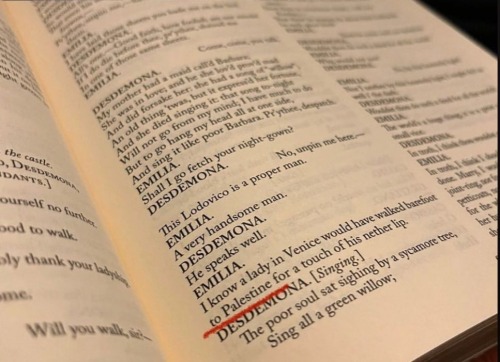
"I know a lady in Venice would have walked barefoot to Palestine for a touch of his nether lip."
- Act 4, Scene 3

…art thou but
A dagger of the mind, a false creation…
Hell hath no fury like a woman scorned/ there's nothing like a mad woman
